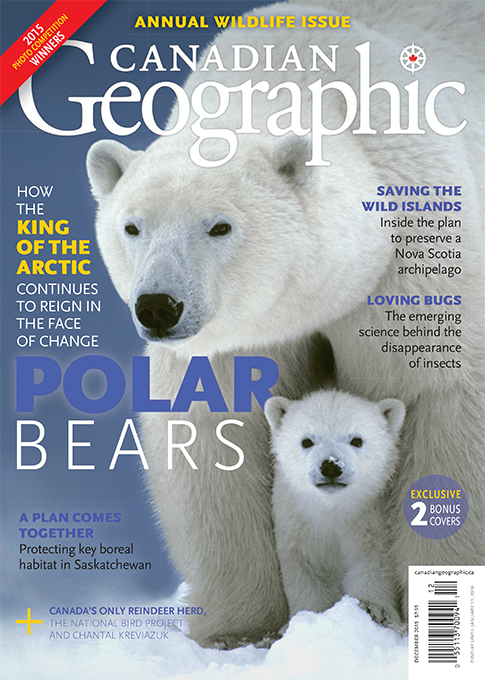
Environment
“We did this:” Is there a way out of our intertwined climate and biodiversity crises?
As the impacts of global warming become increasingly evident, the connections to biodiversity loss are hard to ignore. Can this fall’s two key international climate conferences point us to a nature-positive future?
- 5595 words
- 23 minutes





